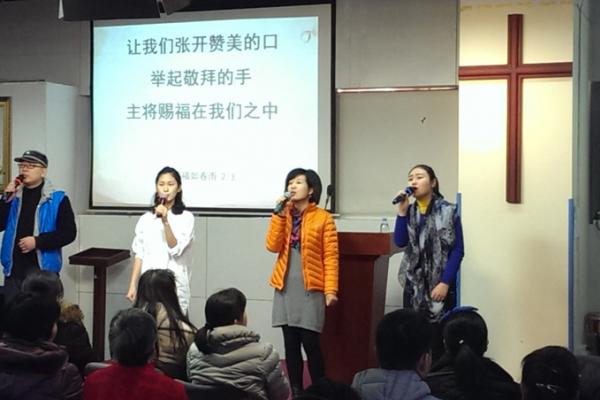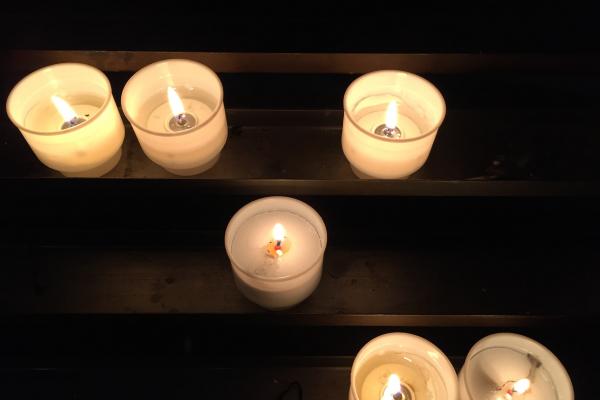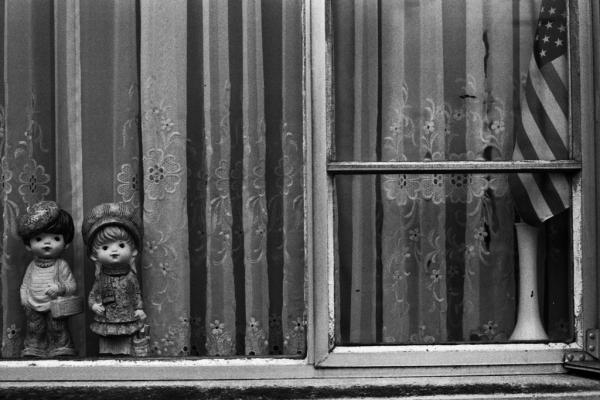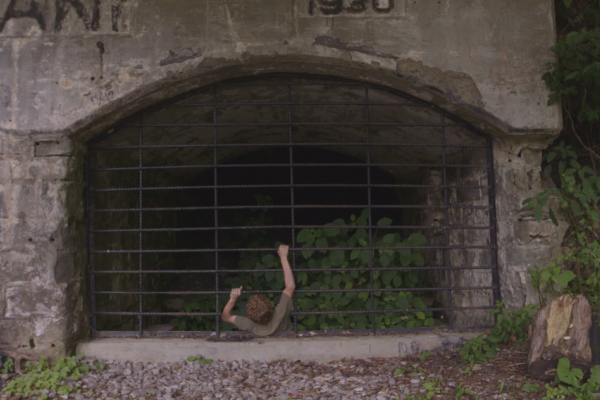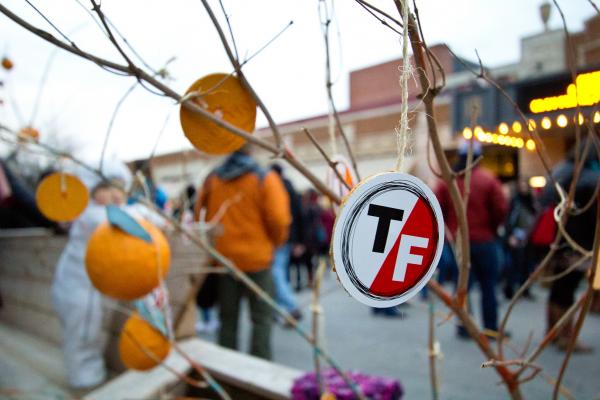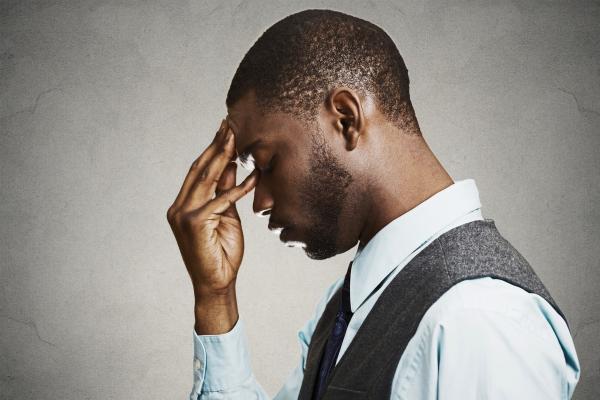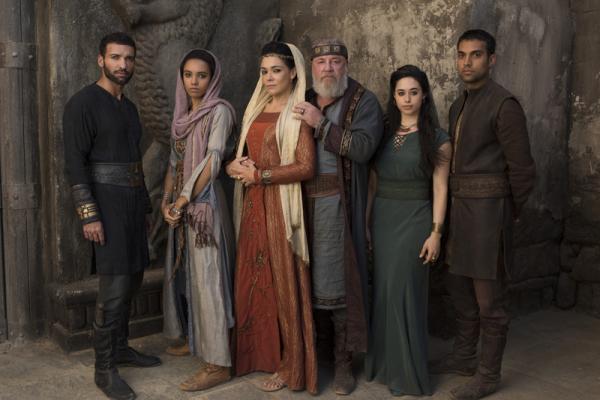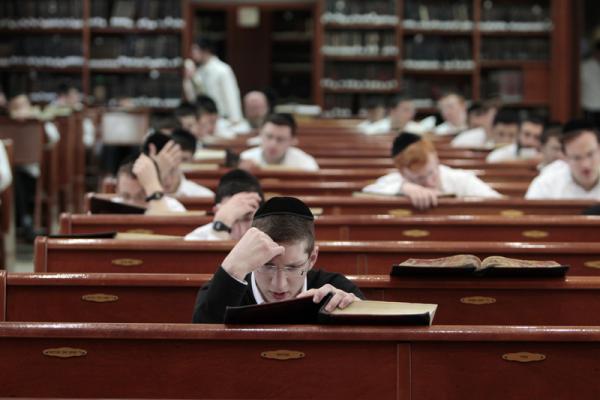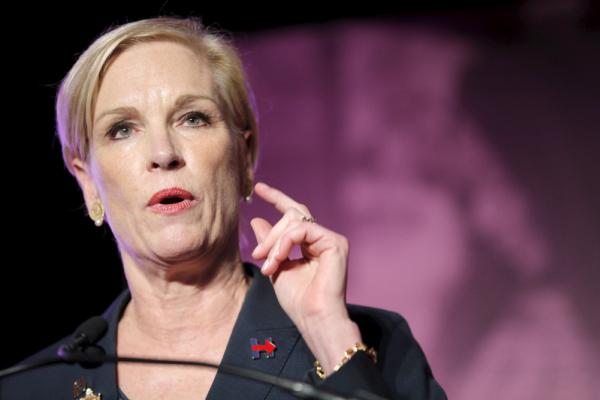In August 2014, a top-ranking official in the Chinese government informed the world that China was planning on nationalizing Christianity. Wang Zuoan, director of the State Administration for Religious Affairs, told a forum in Shanghai that the “construction of Chinese Christian theology should adapt to China’s condition and integrate with Chinese culture.” The announcement, unsurprisingly, triggered significant consternation among Christian groups in China and around the globe.
The state of American distrust has led me to the conclusion that the single most important issue in American politics is integrity — that is, a constancy of moral character that fosters trust. More important than any policy on economics or healthcare is the ability of a candidate to rebuild trust in the system to which we all belong.
And this can only be done by a candidate who possesses integrity.
Since I was born Baptist, I think I was taught in utero to be skeptical of all this Roman Catholic stuff. Of Mary. Of popes and princes. Of these incense-tainted, saintward prayers. Of the overreliance on the heritage that traces back to St. Peter (though of course we would never have called him St. Peter). At one point, our guide said, “Upon this rock, I build my church blah blah blah.” She meant no disrespect. Yet it was one of the funniest, most unwittingly perfect things she has said, pithily capturing our sometimes-cavalier attitude toward this church and, for some of us, institutional religion more broadly.
Some commentators say this season is anxiety-inducing but temporary, the moment when white Americans are realizing their way of life is over. But Dr. Jennifer Richeson's findings, with Northwestern colleague Maureen A. Craig, say something else: Unaffiliated white Americans, including those with progressive, moderate, and conservative leanings, express more racial bias when confronted with news of a majority-minority future — and, in a further study, demonstrate a tendency to shift right on race-related policies.
I was always going to make a film about prisons, but from the outside of the prison itself. I wanted to challenge the alienation we feel by seeing prisons simply as buildings we have no relationship to. I had originally thought I was just going to set it in one city. For example, when you look at the prison population in New York State, a lot of those prisoners come from a small section of neighborhoods, and I was originally thinking of setting the film in those places.
I ended up going on a longer journey, with a goal to disrupt the identity of these areas we think of as “free,” to reveal how deeply prisons influence our lives in all spaces.
The True/False film festival in Columbia, Mo., likes to bill itself as “different.” And it is — the intimate weekend-long documentary fest has a well-earned reputation as a place where anything can happen: Here you’ll find award-winning directors hobnobbing with writers and college students over brunch, and accountants and lawyers who transform themselves, Cinderella-style, into flamboyantly dressed volunteers. But Columbia’s festival is unique in another way, one that’s more important than simple aesthetics: True/False also focuses on the unifying power of story.
Over its 13 years of existence, the festival has been committed to promoting the idea that introducing audiences to stories wildly different from their own expands our understanding of the human experience.
But if the truth be told, black Americans do not have a monopoly on social justice exhaustion, or “justice fatigue,” as Dr. Teresa Fry Brown describes it. The fact is many people of goodwill that make up the broad rainbow coalition of those who fight for justice and inequality find themselves increasingly tired and overwhelmed these days. With all of the intractable issues in our society that seemingly won’t get right or can’t get right, many justice workers and seekers of all kinds are finding themselves in need of a refreshing well of renewal.
This raises the important questions, who cares for the care-givers? Who shows love to those who seek the expansion of love in public policy and democracy?
Seger, who said she has seen only trailers of the series, says there can still be a market for such shows among Christians, like herself, or Jews.
“A Christian audience can get hooked on exactly the same things that any other audience does: violence, blood, sex, etc.,” she said. “As Christians, we might want to be high-minded and enlightened but that doesn’t mean we are.”
“Mostly what we find is a huge gulf between ultra-Orthodox and secular Jews,” said Neha Sahgal, a senior researcher on the survey, “Israel’s Religiously Divided Society,” which is based on face-to-face interviews of more than 5,600 Israeli Jews, Muslims, Christians and Druze.
Secular Israeli Jews, for example, say they are more uncomfortable with the idea of their child marrying a very Orthodox Jew than a Christian, the report shows.
As word of the planned event circulated on social media it was even criticized by South African Cardinal Wilfrid Napier, who tweeted that it reflects “the disjuncture” between the call to teach the gospel and the “obsession” to be fair about moral issues. “Georgetown’s hosting Cecile Richards is an obvious case!” he said.
The Lecture Fund noted on its website that the event will be for members of the university community. “The event is not open to the public and only those with a Georgetown University ID will be allowed to attend,” it said.
